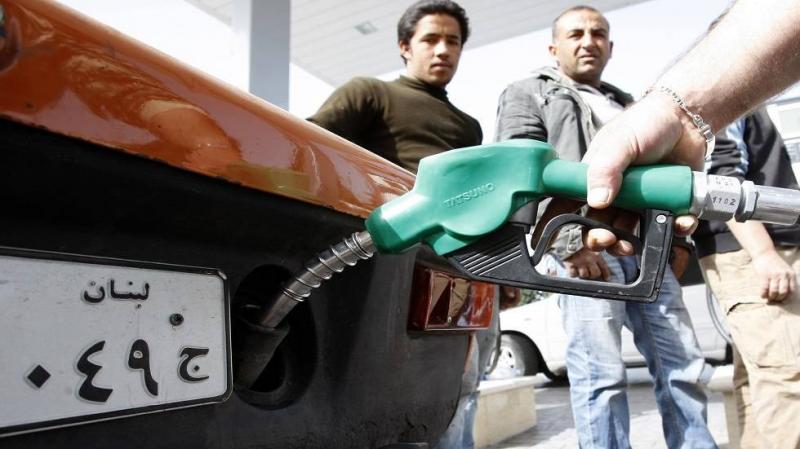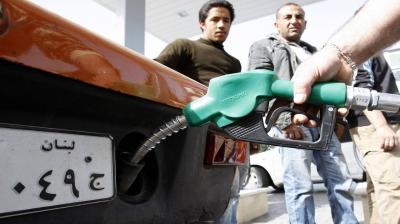The crisis of fuel shortages adds to the series of problems experienced in Baalbek-Hermel, characterized by security and living instability and a deteriorating health situation.
The protagonists of the fabricated fuel crisis are around thirty fuel companies, in addition to gas station owners, traders, transport contractors, and "investors" in smuggling crossings along the Lebanese-Syrian border. The crisis facing Lebanon is merely an extension of what is being experienced in Syria, with similar "heroes" on the Syrian side, amidst a severe shortage of fuel and an increase in the demand for gasoline and diesel, as Syria had relied on electricity to operate most of its industrial and service sectors. According to the newspaper "Al-Akhbar," about sixty tankers crossed through the Lebanese army checkpoint in the Harabta area into northern Bekaa in the last two days. Eyewitnesses reported that the tankers discharge some of their load during the day, then smaller tankers, in larger numbers, transport the loads at night along dirt roads towards the Syrian border, only to return the next day with visible dust from the roads.
Ensuring the provision for hospitals and generators in the region is guaranteed, but the price difference in the black market turns smuggling into the preferred route for traders. The Lebanese army verifies that the tankers arrive at their destinations, but it is not within its jurisdiction or capabilities to place a guard at every station or to accompany the tanker that might unload part of its contents and continue the rest towards the border mafia. At least a hundred tankers cross four geographic areas currently active in smuggling: in the northeastern area of Al-Qasr, Housh Sayyed Ali - Al-Mashhar, and the Al-Qaa projects. To the east, the Arsal line has recently become active again towards Qara, as has the Nabi Sheet line (northern Bekaa) and Al-Suwairi (central Bekaa) towards rural Damascus, while in the north, the Wadi Khaled line operates towards rural Homs.
In a systematic operation to exploit both countries and their peoples, there is collaboration between a Lebanese mafia of distributors and traders with the border and crossing mafia, extending to the Syrian border mafia and within Syria among distributors and traders. The materials are sold among mafia members exclusively in dollars, leading to Syria being drained of its dollars, while the subsidized dollar is confiscated from Lebanese citizens for the benefit of traders and distributors.
The report concluded by stating that regulating distribution is the best solution given the inability to close the Lebanese-Syrian border due to geographic, demographic, and political reasons, as well as the strength of border movement between the two countries, making it impossible to control smuggling despite security and military measures on both sides of the border. In addition to ensuring the supply for generators, hospitals, municipalities, schools, and administration offices is delivered through companies according to schedules, legitimate distribution stations can also be relied upon, estimating consumption based on the number of residents and farmers in the border areas, and establishing schedules for the quantities delivered at the stations, which should be announced to the residents.




